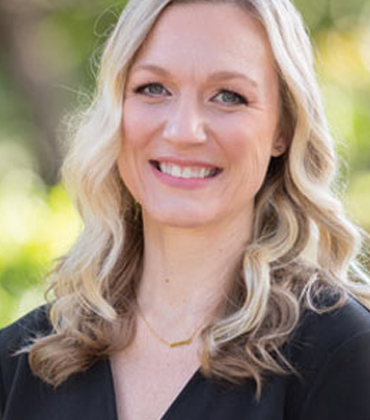- Home
- Acorn Health
Clinics that provide effective applied behavioral analysis (ABA) treatment tailored to individual learners should harness a complete data snapshot to improve outcomes. Meaningful, connected data becomes particularly crucial when clinics serve individuals diagnosed with autism spectrum disorder (ASD) and their families.
Recognizing this responsibility, Acorn Health aims to offer exceptional programs for individuals diagnosed with ASD. Individual learner progress relative to treatment over time is measured via a tool called the Behavioral Health Index (BHI).
This tool, co-created by Acorn Health and Dr. Gregory Hanley, CEO of FTF Behavioral Consulting, tracks an individual’s treatment progress in a concise, one-page, user-friendly tool. The development of the BHI stemmed from the frustration of Acorn Health board member and founder Vicki Kroviak as she searched for a simple way to measure her own daughter’s progress.
“We share the BHI freely, intentionally on our website in hopes of furthering the industry at large,” says Krista Boe, chief clinical and compliance officer of Acorn Health. “We get individuals from all over the world downloading the tool and utilizing it.”
Acorn delivers therapy rooted in data and results by blending time-tested best practices with innovative, evidence-based strategies guided by five clinical tenets: collaboration, individuality, oversight, outcomes, and permanence.
To ensure excellent therapy services and outcomes, Acorn Health’s clinical advisory board boasts experts knowledgeable in the latest literature and clinical developments including Dr. Hanley, who chairs the advisory board.
He aided Acorn Health in not only developing the BHI, but informing treatment methodology, namely a trauma-informed, data-driven approach for the identification, assessment, and treatment of interfering behavior.
“We established our five clinical tenets starting with a single question—what are the required components of a high-quality ABA program?” says Boe.
Boe has 15 years of experience as a board-certified behavior analyst (BCBA) and specializes in ASD, developmental disabilities, and organizational behavior management. She stresses the importance of designing a therapy plan in collaboration with the learner, caregivers, and other key stakeholders.
We have a responsibility to get highquality care to as many families as possible, and we’re dedicated to being a part of that solution in a way that’s sustainable
After a plan is solidified, Acorn Health focuses on skill-building, prioritizing those that are most important to the learner and family, while also addressing the assessment and treatment of interfering behavior in a manner that is safe, dignified, and televisable.
Acorn Health’s practitioners—including regional directors of clinical care, regional directors of operations, clinical directors, and practitioners—are equipped with various skill assessments, thoughtfully selected to align with the unique needs of each learner and their family.
The outcomes of these assessments serve as the driving force behind developing personalized, functional, and developmentally appropriate programs, all guided by five core pillars, or Acorn Health’s clinical tenets, of collaboration (“we’re in this together”), individuality (“your child is one of a kind”), oversight (“we are accountable”), outcomes (“what matters is progress”), and permanence (“we create lasting change”).
Using these yardsticks, the team rigorously approaches measurement and feedback by thoroughly analyzing assessment outcome data and continually assessing intervention effectiveness on both individual learners and the broader population for ongoing refinement and adaptation. Acorn Health also actively seeks input from the learners and their families through quarterly satisfaction surveys—pivotal tools to shape and improve the overall care experience.
“There’s an ongoing lack of services for families who so desperately need it,” Boe says. “We believe we have a responsibility to get high-quality care to as many families as possible, and so we’re dedicated to being a part of that solution in a way that’s sustainable.” The core values of accountability, authenticity, teamwork, growth, and hustle guide Acorn Health. It has emerged as a reliable partner for individuals diagnosed with ASD and their families, providing expert counsel and support on their journey toward nurturing potential and leading independent, meaningful lives.
Thank you for Subscribing to Medical Care Review Weekly Brief




